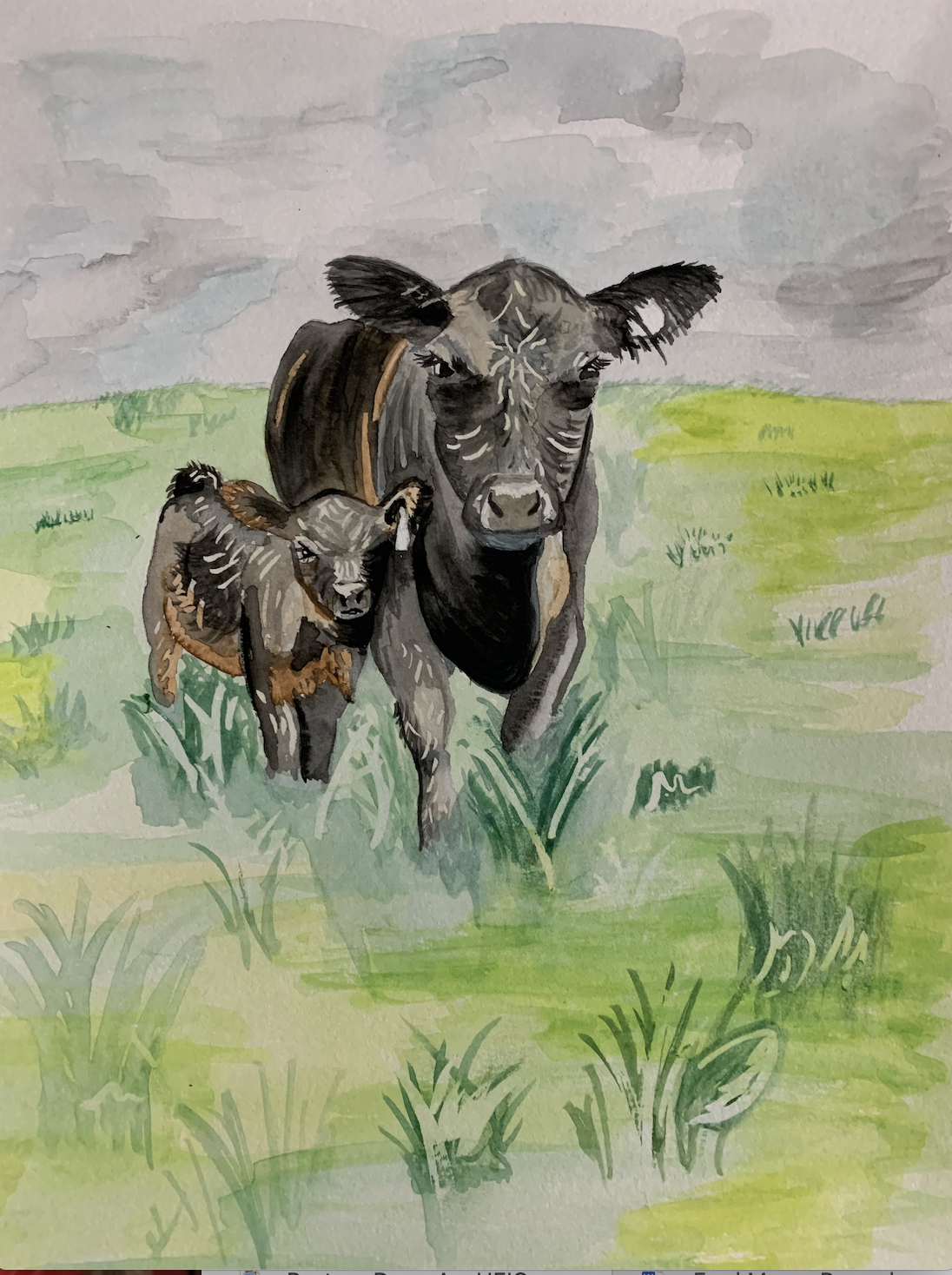VIN Topic Rounds
 Monday, June 7, 2021 at 01:00PM
Monday, June 7, 2021 at 01:00PM

Are you missing out on clinical rotations because of COVID-19? The VIN Student Team has you covered with Tuesday Topic Rounds. During the month of May, join R. Avery Bennett, DVM, MS, DACVS for 30 minute, case-based sessions every Tuesday at 12ET. Everyone and all levels of experience are welcome. There will be time for Q&A and discussion following. The next session is Moist Wound Healing and Topical Medications on June 8, 2021 at 12 ET.
In this rounds:
Recognize and understand a few of the most common diseases of zoo amphibians.
- Understand the concept of moist wound healing.
- Know the topical medications useful in various stages of wound healing.
- Understand why chronic wounds with draining tracts are not surgical.
TO JOIN THE SESSION, LOG INTO THE VIN STUDENT CENTER AND CLICK THE GREEN BUTTON IN THE TOP RIGHT
The Veterinary Information Network (VIN) is here to help you as a vet student – especially during this worldwide pandemic. Membership is always free as a student!
 VIN,
VIN,  cats,
cats,  topical,
topical,  wound healing in
wound healing in  News,
News,  VIN Topic Rounds
VIN Topic Rounds 


